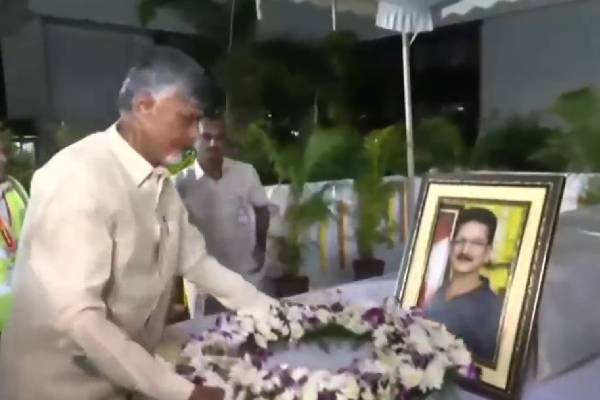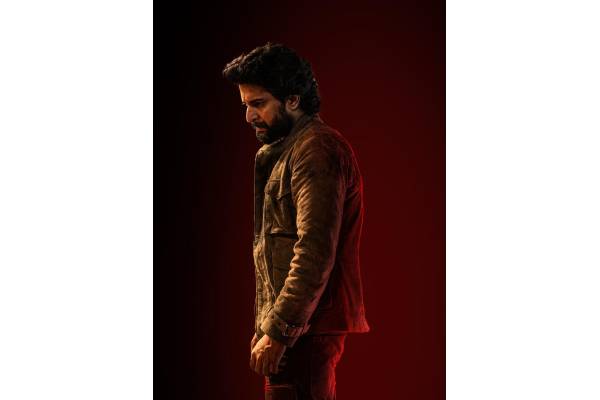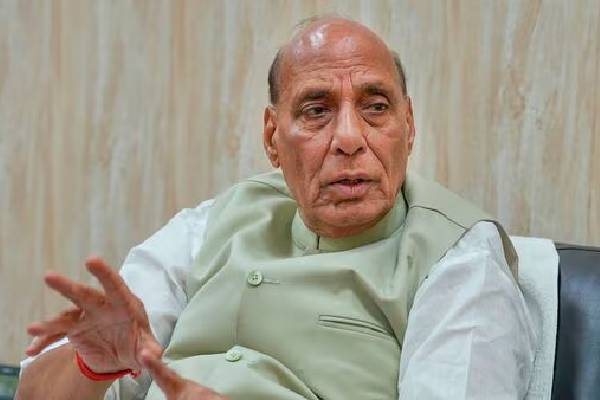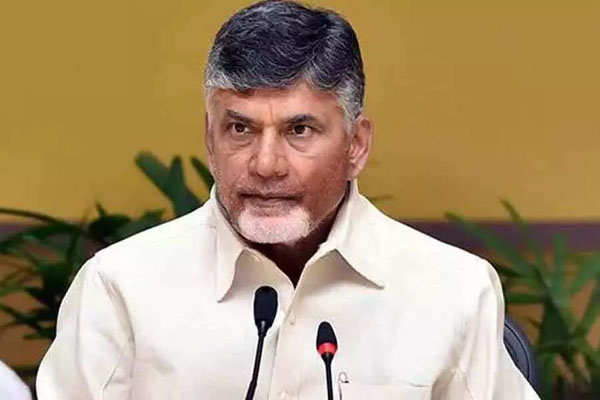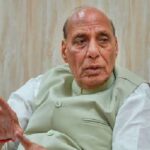Going by the kind of statements and political speeches prominent leaders were giving in Andhra Pradesh, one has to sit up and take notice if the state is slowly going through a transition from a stellar secular polity into an unnecessary communal one.
As a prominent state from the southern part of India, Andhra Pradesh is renowned for its communal harmony and peace which suddenly seems to be threatened by a flood of alleged temple attacks and subsequent inflammatory communal speeches.
In a recent speech, Telugu Desam Party (TDP) national president Nara Chandrababu Naidu openly invoked religion and a couple of religious places in his attack against Chief Minister Y. S. Jagan Mohan Reddy.
“You are a Christian Chief Minister, no problem. I am not saying it is wrong. I am a born Hindu, Venkateshwara Swamy is my favourite God. Your favourite is Lord Jesus. When you win, you go to Jerusalem, when I win, I visit Venkateshwara Swamy. You keep a Bible, okay no problem…,” said Naidu warning that Reddy has no right to be a CM when temples are being attacked.
As the principal opposition leader in the state, with a chequered political career running into four decades, as Chief Minister for 14 long years and staying in the opposition for more than 10 years, religion rarely featured in Naidu’s speeches.
Not just Naidu, most other leaders until before the Reddy-led Yuvajan Sramika Rythu Congress Party (YSRCP) came to power in May 2019, never cared to invoke religion.
Adding fuel to this unwelcome communal tension, the ruling party’s own man, Kanumuru Raghu Ramakrishna Raju, Narasapuram MP, incessantly alludes to religion, caste and reservations even at the slightest opportunity.
Recently, the Christian minority institutions-educated Raju called for the removal of the Crime Investigation Department (CID) head P. V. Sunil Kumar from Ramateertham investigation because he belonged to a particular faith.
Likewise, the Bible party and Bhagvad Gita party instigations from non-local Karimnagar MP and Telangana Bharatiya Janata Party (BJP) president Bandi Sanjay is not surprising as BJP has a lifelong dream of capturing power in the Telugu states.
The BJP also openly flaunts its ideology for politics sake, however, it is not yet a major political force in the state.
Not only political parties, even a few community associations also started taking God’s name to send out a political message.
Following Ramateertham idol decapitation by unidentified miscreants, Andhra Pradesh Endowments Minister Vellampalli Srinivas derogatorily referred to former Union Civil Aviation Minister Ashok Gajapati Raju, who happens to be a caretaker of Ramateertham.
Srinivas attracted the wrath of Raju’s community members at several places in the state as well as Hyderabad. At the Usha Mullapudi hospital arch, a group of Kshatriya youth agitated and burnt the minister’s effigy.
In addition to the agitation, they also chanted some religious slogans, which generally was not the case earlier with demonstrations, indicating a change in the nature of political protests.
Worried at the unfolding events in the aftermath of these alleged temple attacks, which mostly occurred during night time, the state government on Friday convened a meeting with top clerics of three major religions to transmit a peace message.
Tirumala Tirupati Devasthanams (TTD) chief priest Venugopala Dikshitulu, Shamiria Peetam’s Ahmed Sheikh Bin Shabeen and Andhra Evangelical Lutheran Church’s (AELC) moderator Elijah met with ministers Botsa Satyanarayana, Mekhatoti Sucharita and others to send a message of unity and universal brotherhood.
“All religions in the state should practice their religious beliefs and respect other religions without causing any disturbance,” said Dikshitulu.
Explaining the nature of politics in the state, Rapaka Kiran, a resident of East Godavari district near Antarvedi, where the decades old chariot of Sri Lakshmi Narasimhaswamy temple was burnt in September, said, “There is casteism but not communalism.”
However, Deekshith Chowdoju, a history coach for UPSC aspirants and founder of Civil Vidyapeeth in Hyderabad is saddened at the turn of events in AP. He said the state never witnessed politicians openly invoking religion to gain political dividends.
“What a struggle the Telugu talli (mother, Telugu society) is facing now. It never had the problem of communalism, there is no reference point in the history also,” said Chowdoju.
A couple of days ago, Chief Secretary Aditya Nath Das reminded the world that the southern state is famous for its communal harmony.
“The state of Andhra Pradesh has always been famed for its communal peace and harmony. One would look back at the state’s tranquility with humility and pride…People of all castes and religions have been in peaceful coexistence since ages and have adopted a progressive attitude in the state of Andhra Pradesh,” said Das.
Another example of the state’s peaceful nature emerged, when some outsiders came from far off places, including Hyderabad to Antarvedi in the aftermath of the chariot issue and attacked a local church, however, youth associated with the temple released a video message condemning the church attack.
Incidentally, this kind of alleged temple attacks and communal politics did not take place even during former CM Y. S. Rajasekhar Reddy tenure, though some people made allegations.
What could have caused Naidu to embrace religion for politics? Is Naidu worried if the BJP will eat into TDP’s vote share and thus compelling him to take the same strategy adopted by the former?
Meanwhile, Andhra Pradesh Police Officers’ Association, Amaravati (APPOA) released a statement saying that the police department is unnecessarily being dragged into religious politics.
“Khaki is our religion, service is our caste…Indian Constitution and laws are Bhagvad Gita, Quran and Bible for us,” said an official.
The police officers association has also pointed out that a politician from a different state was making religious comments on the department, while questioning the leader who brags about 40 years political experience if it is correct to view police from the lens of religion and caste.
They highlighted that Muslim and Christian officers actively participate in the department’s Ayudhapuja ceremonies for Dasara festival.
“Last year, in the battle against coronavirus, 109 policemen died and 1,400 more contracted the infection, all of whom were people from all religions,” added the statement.





















